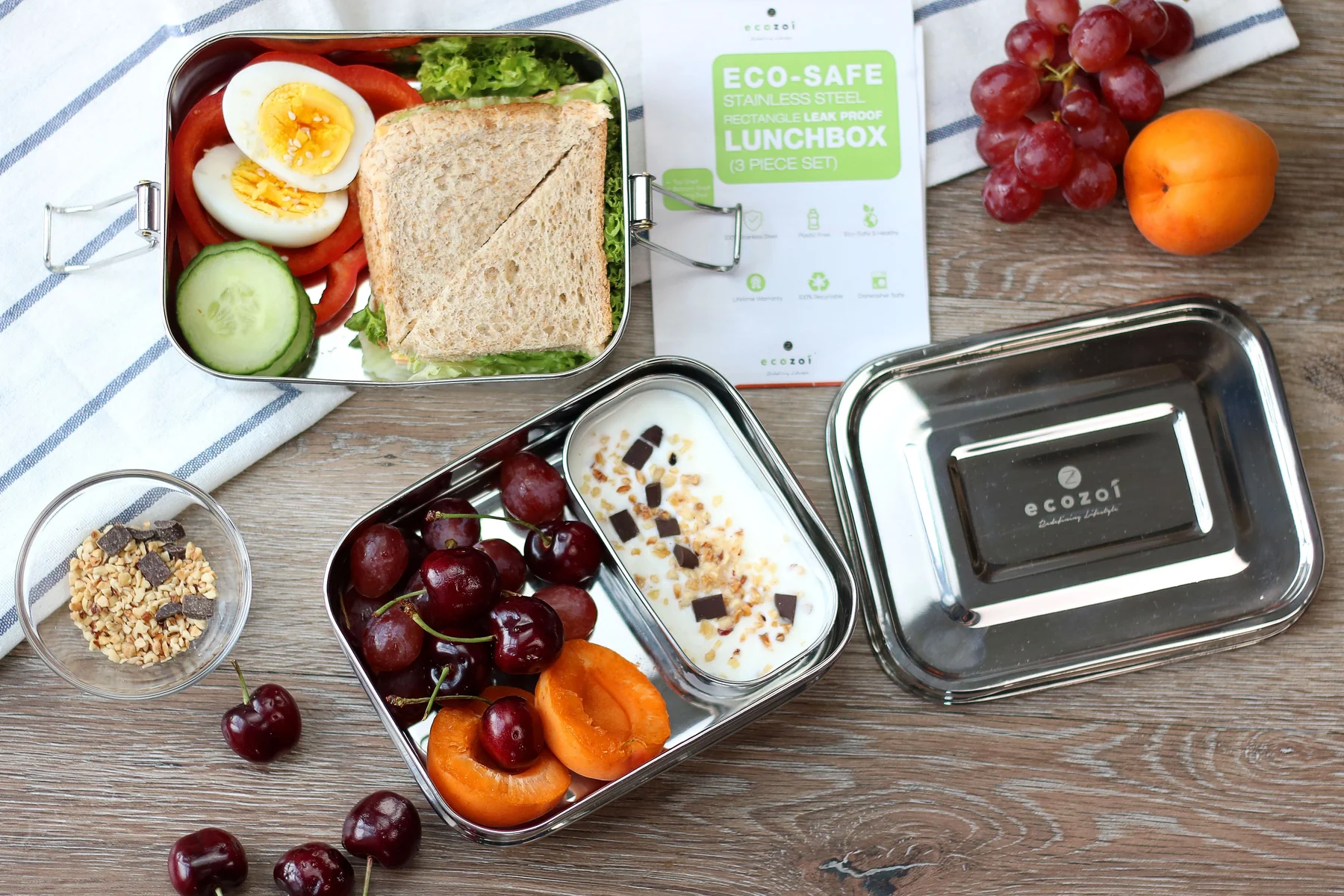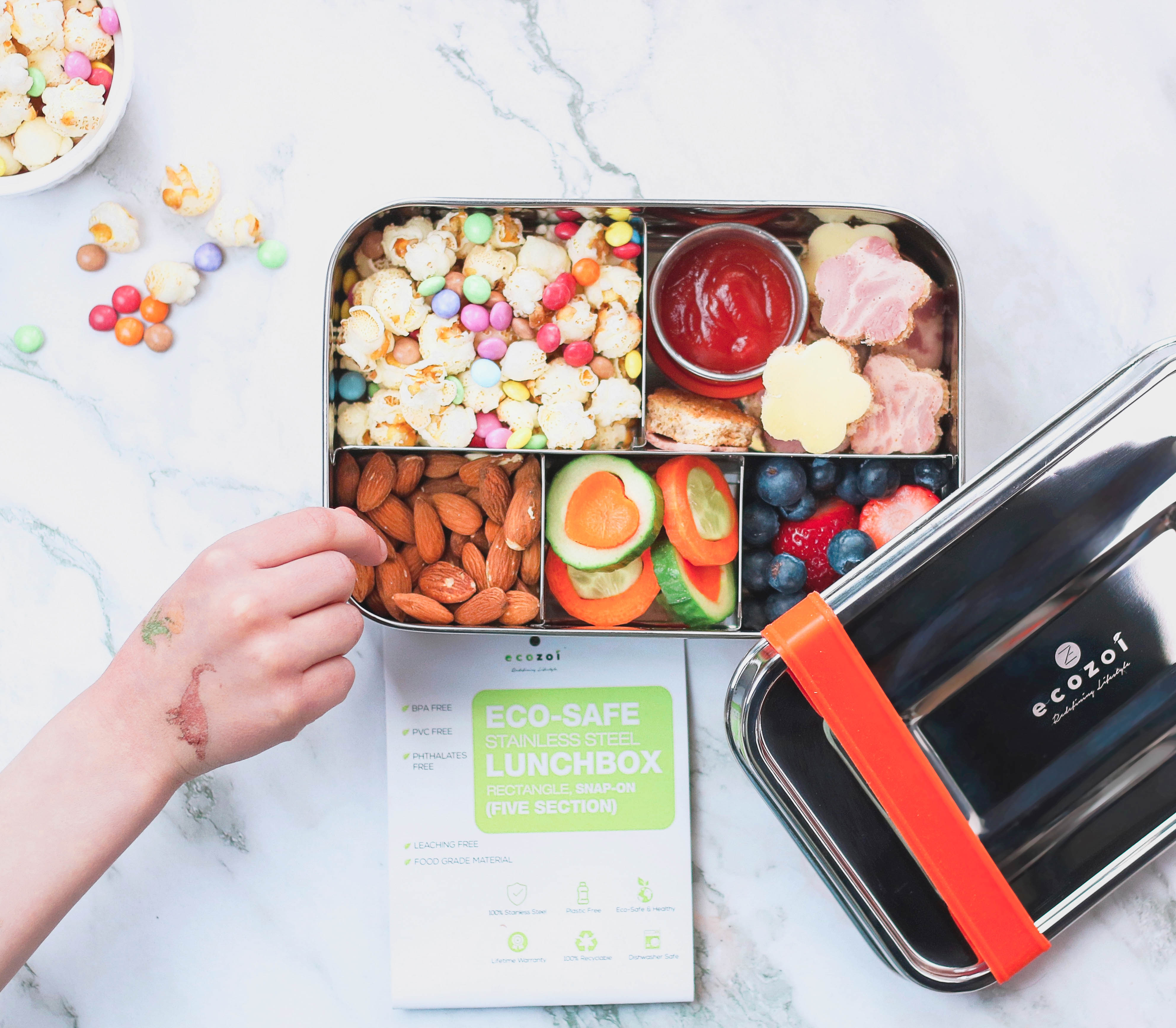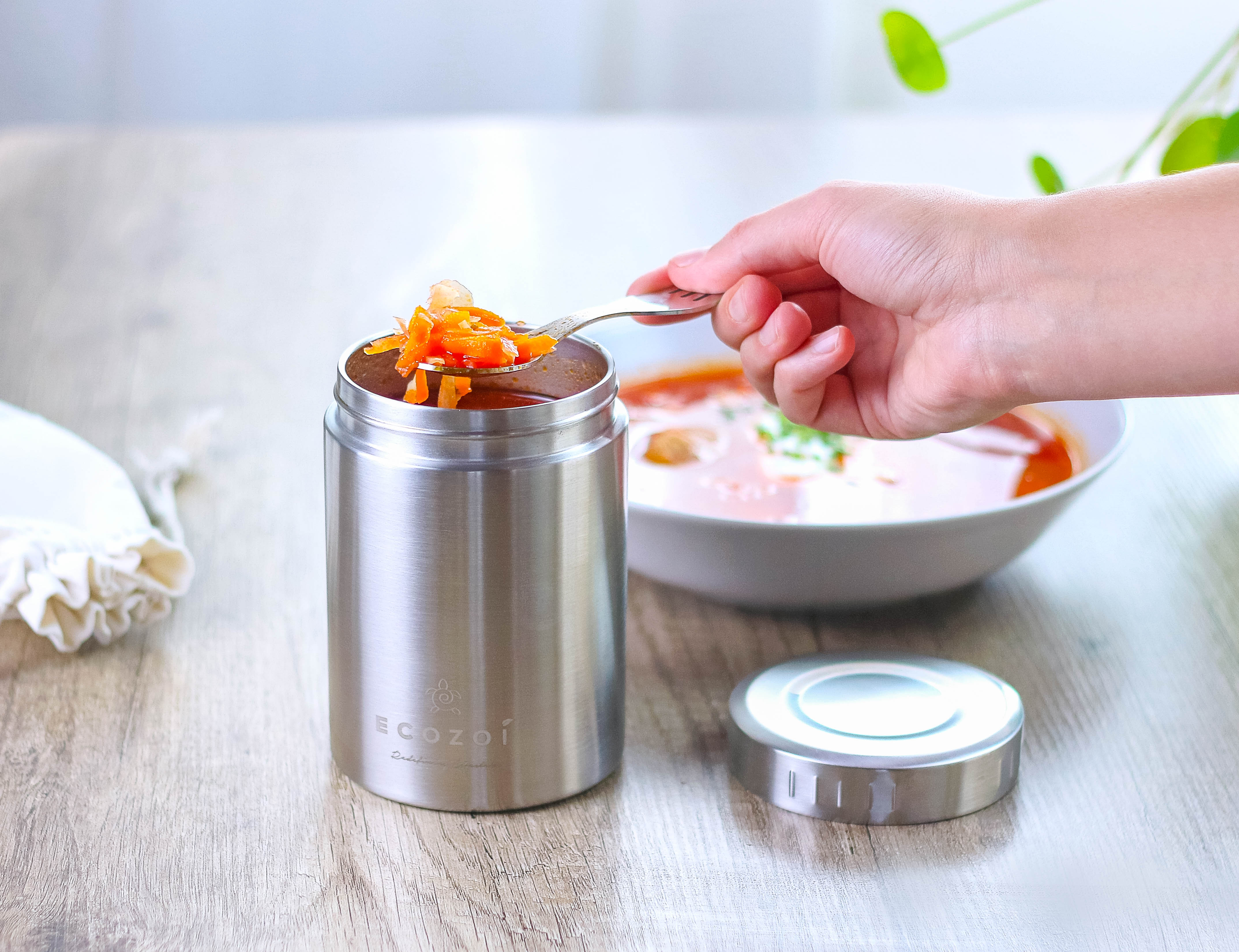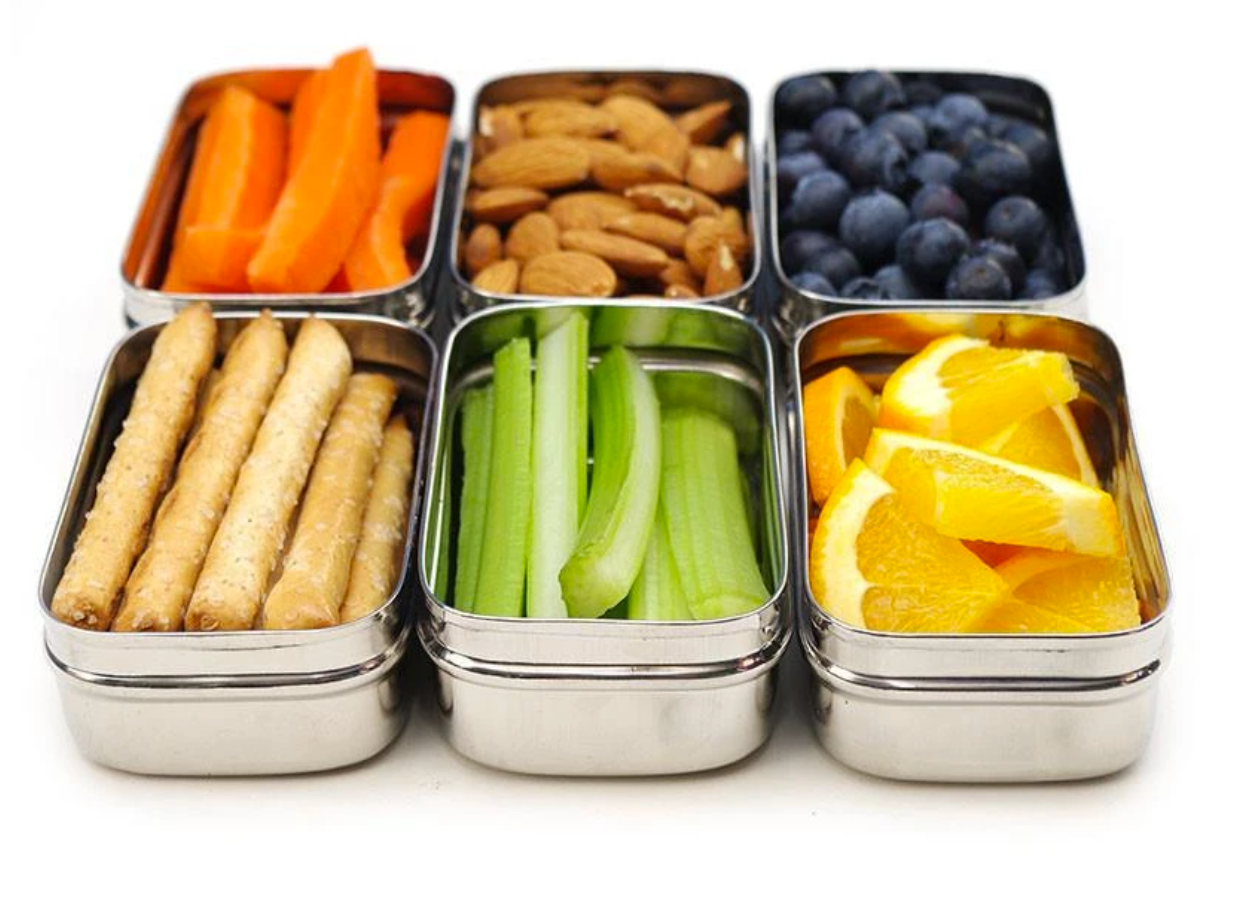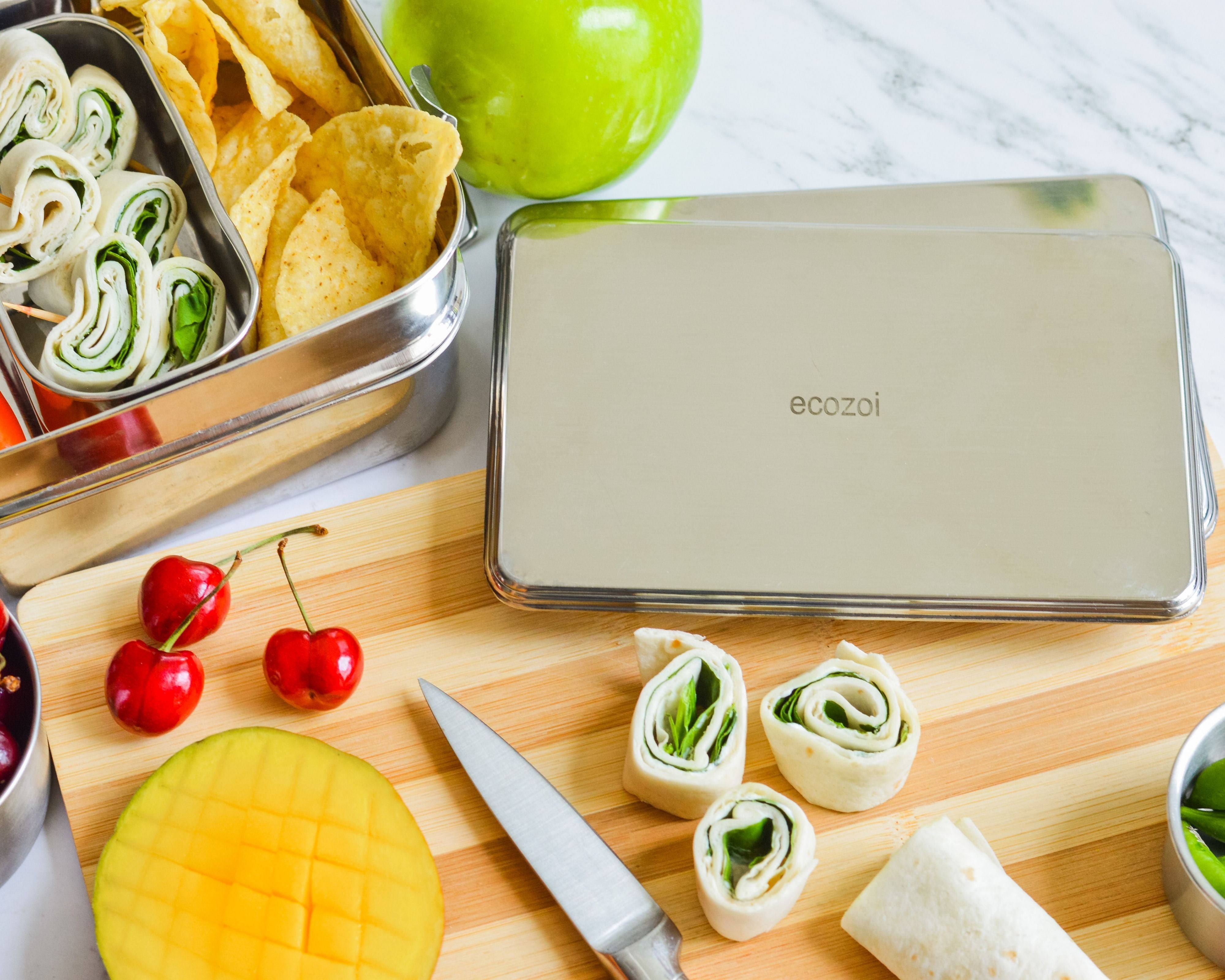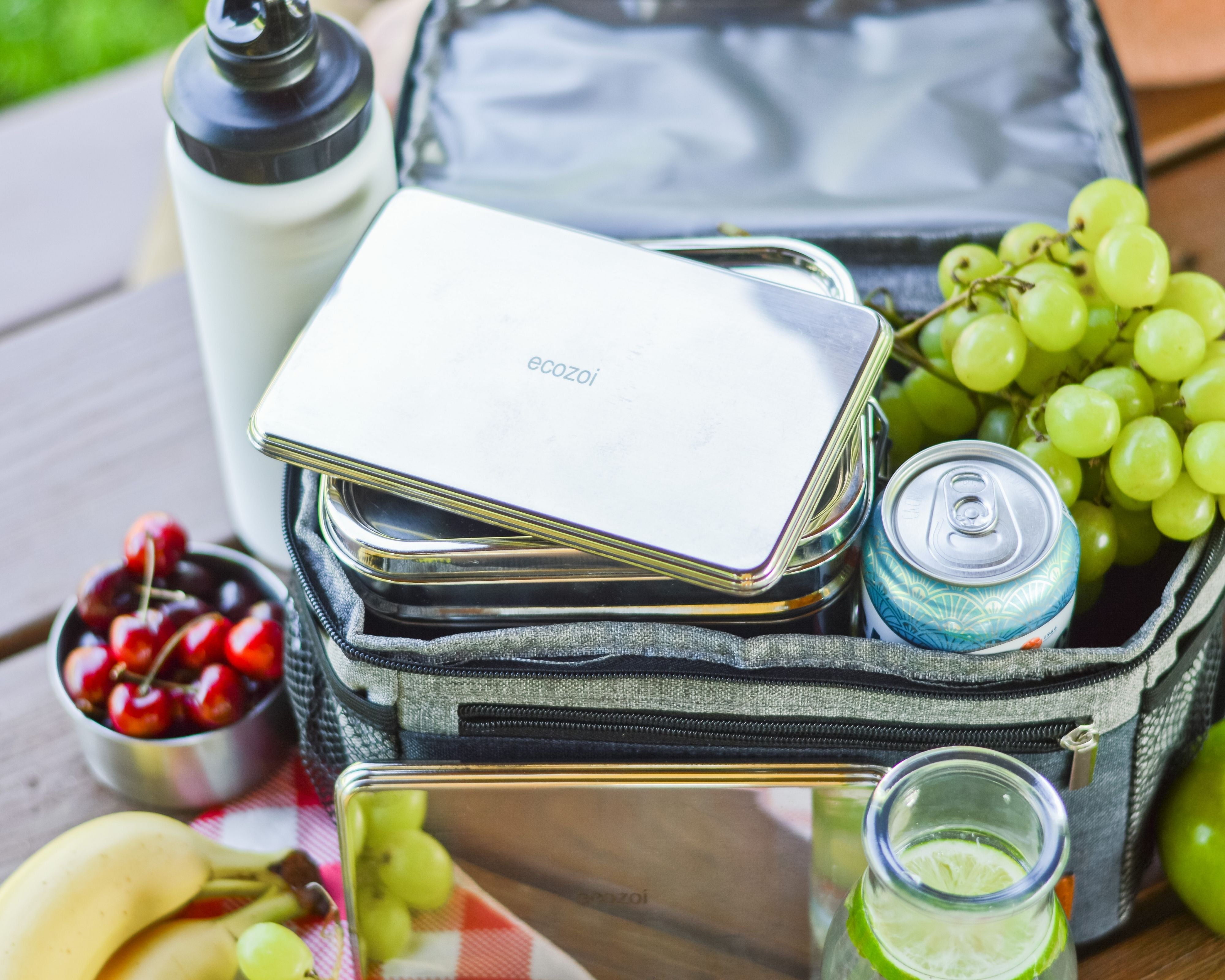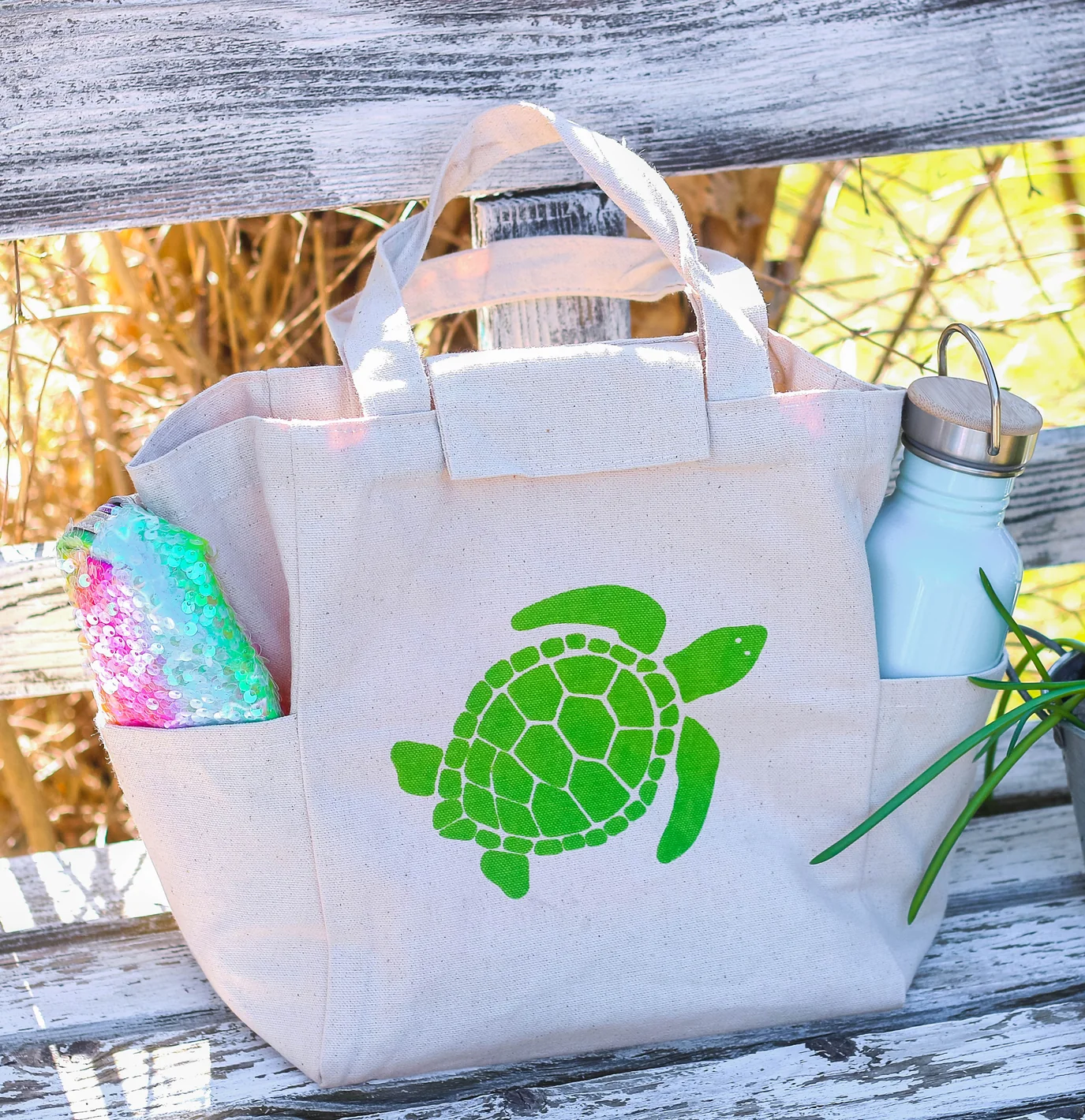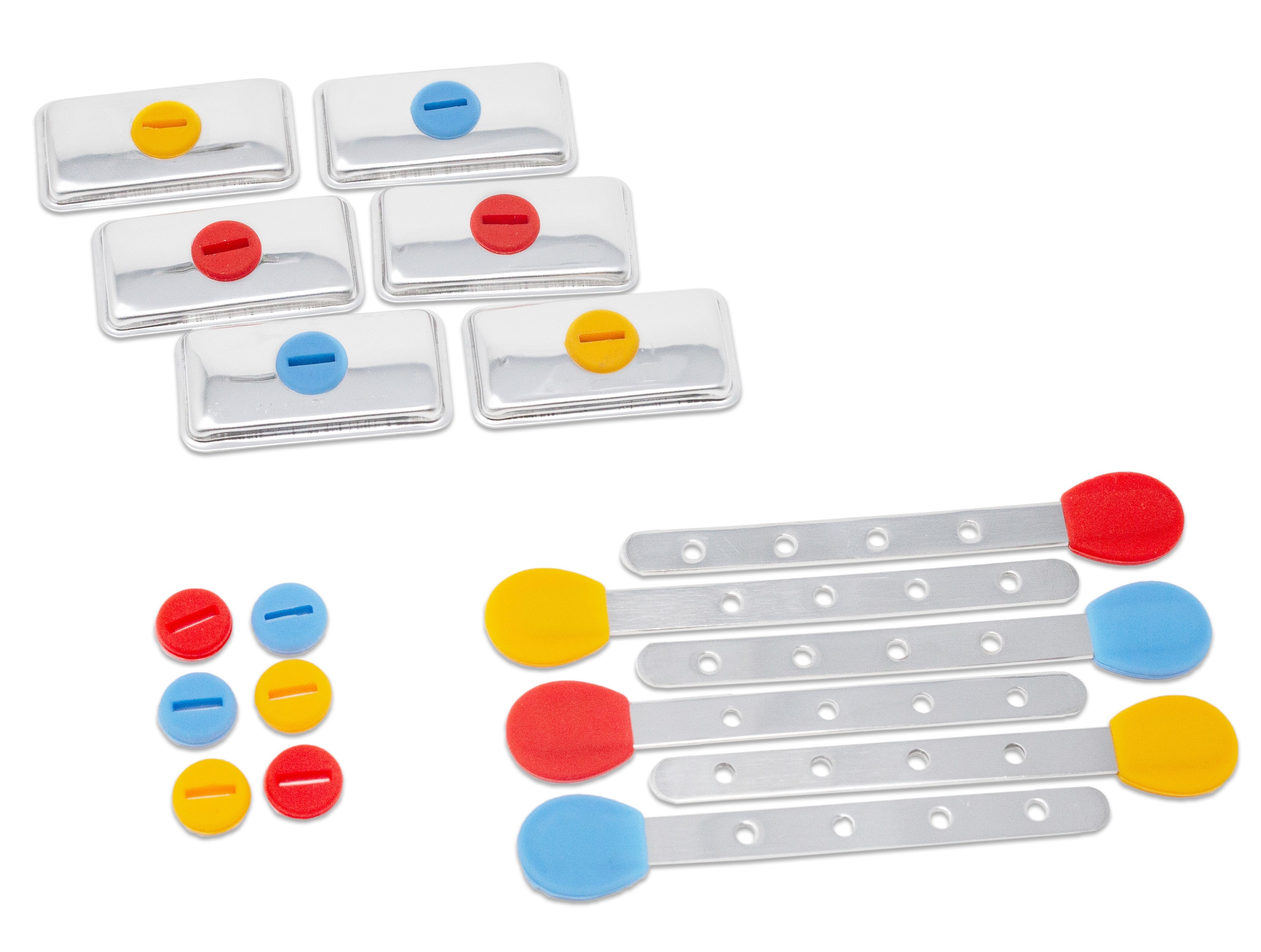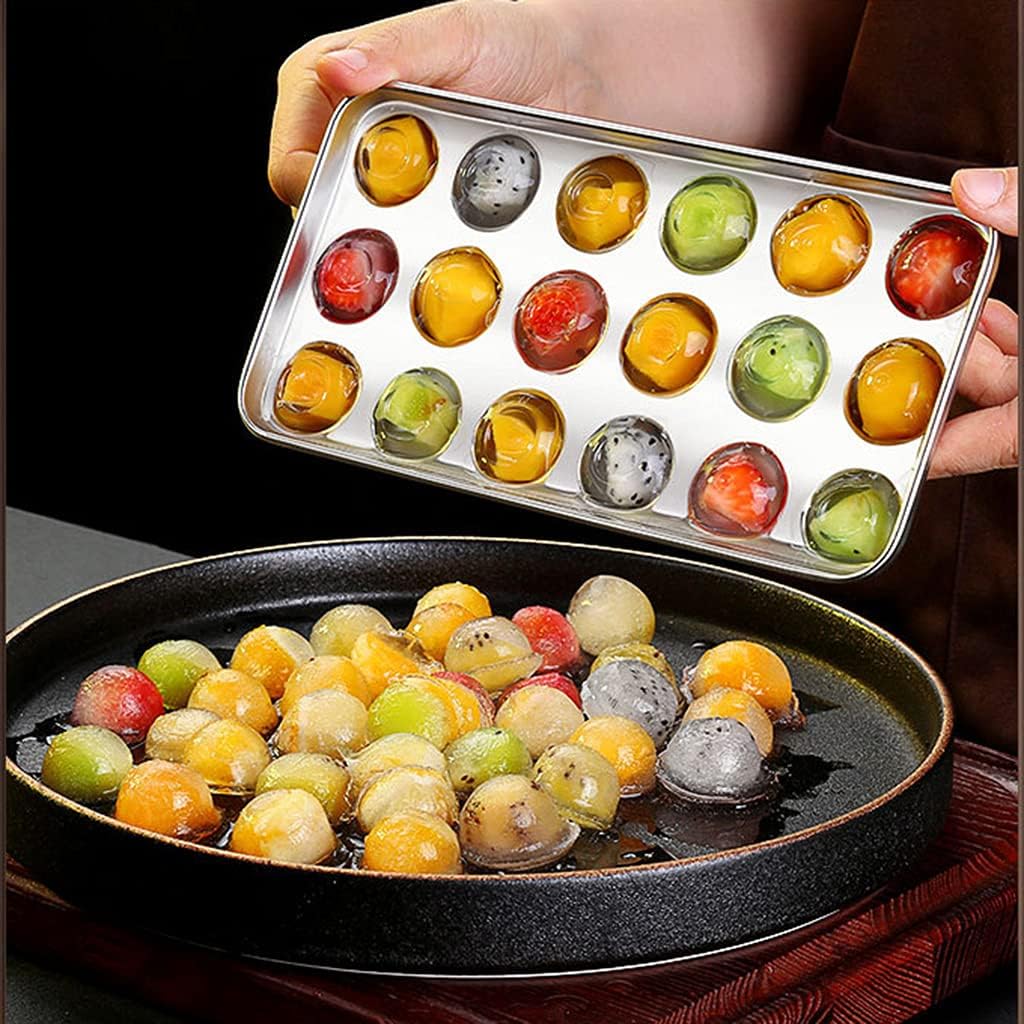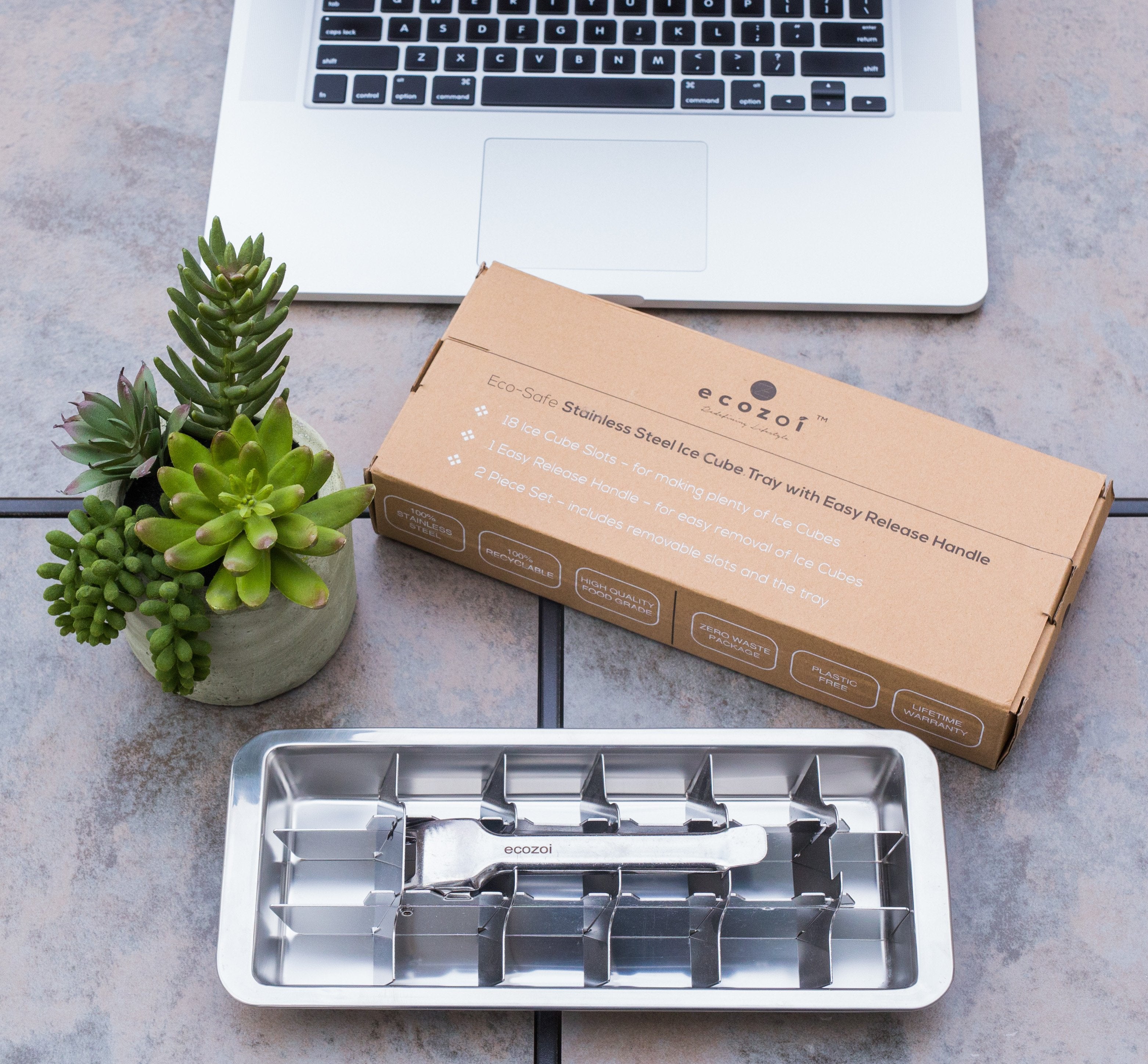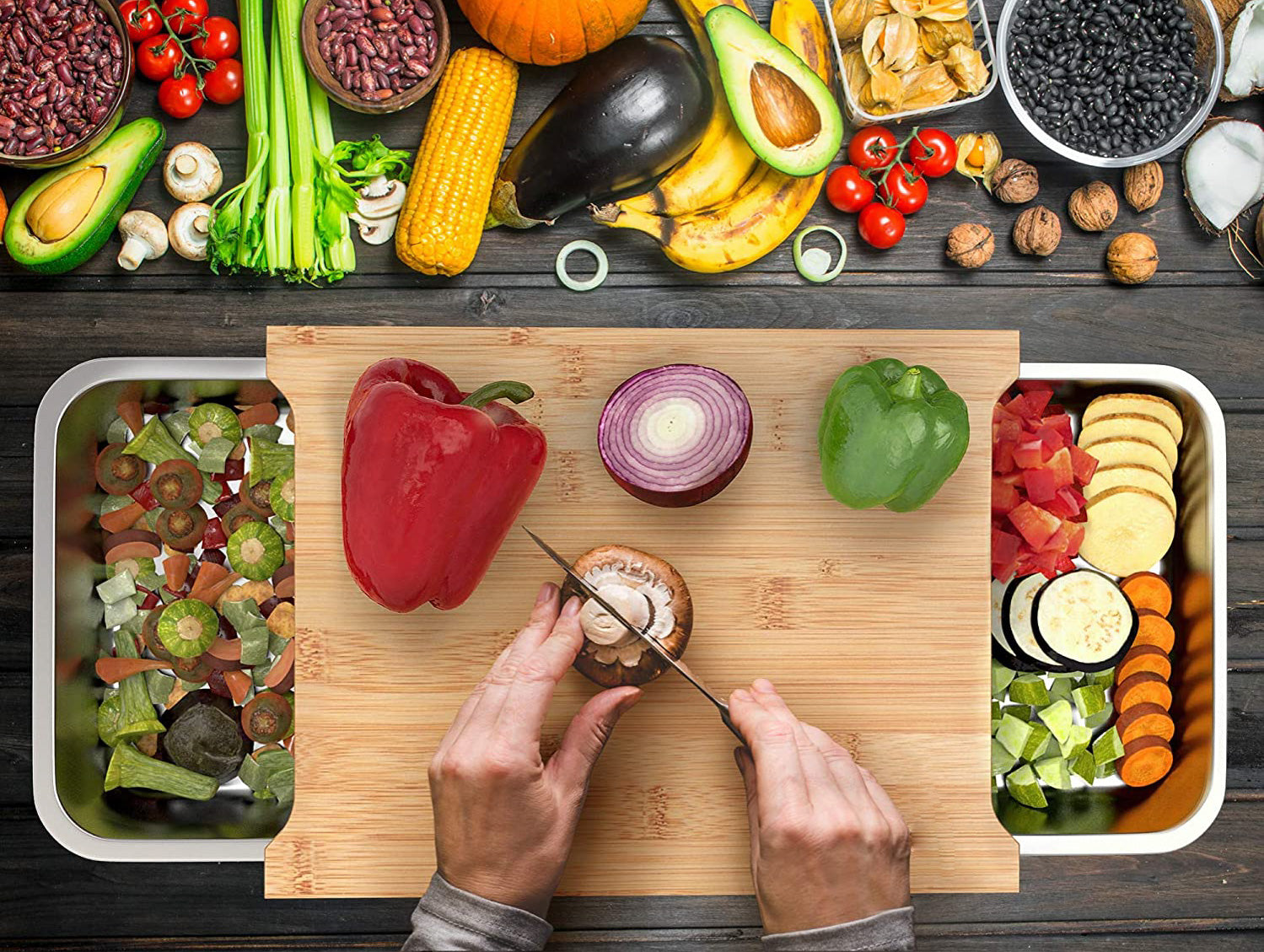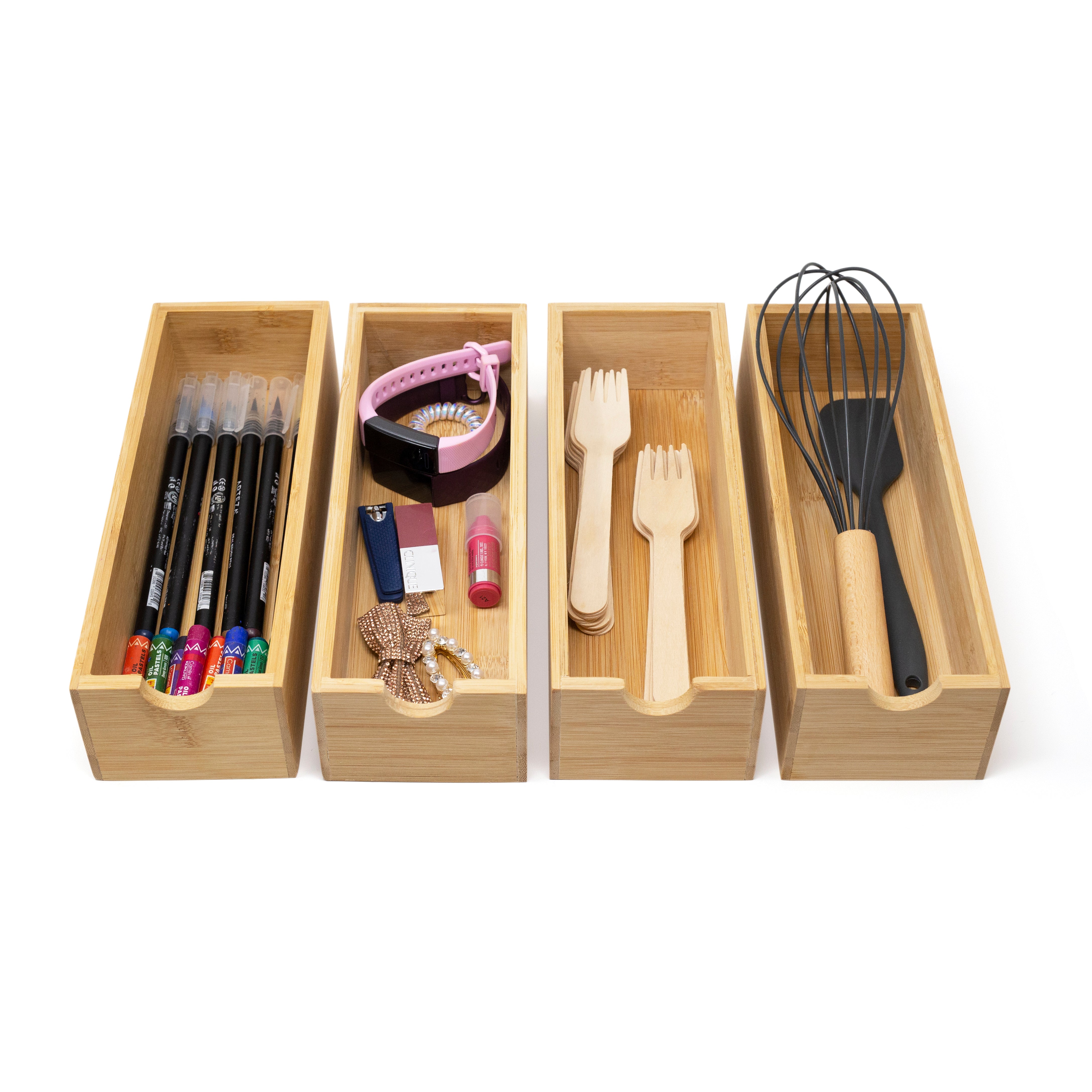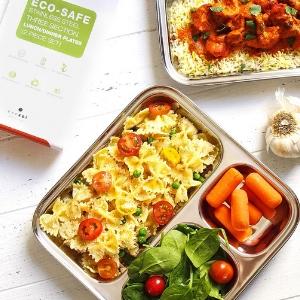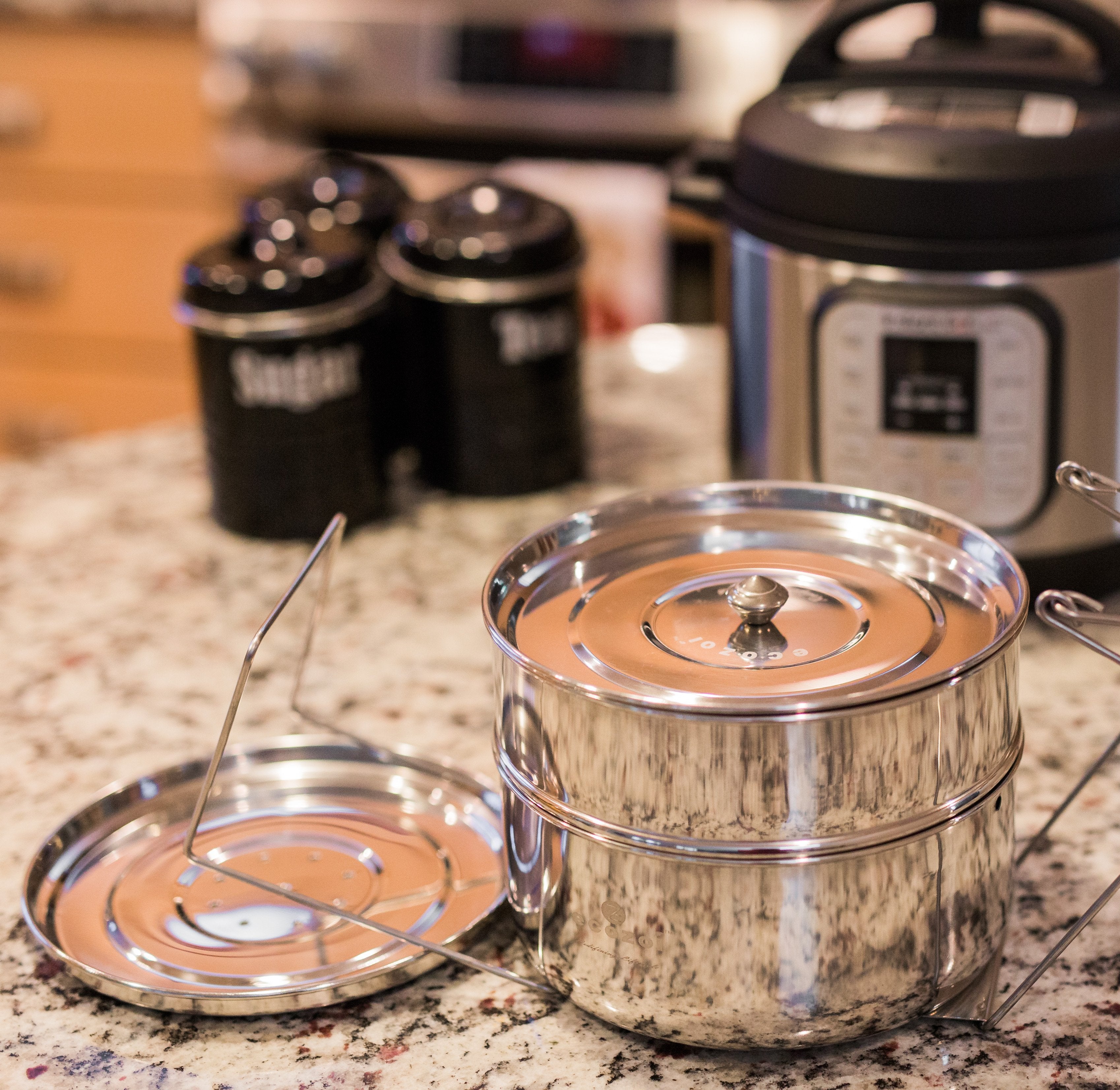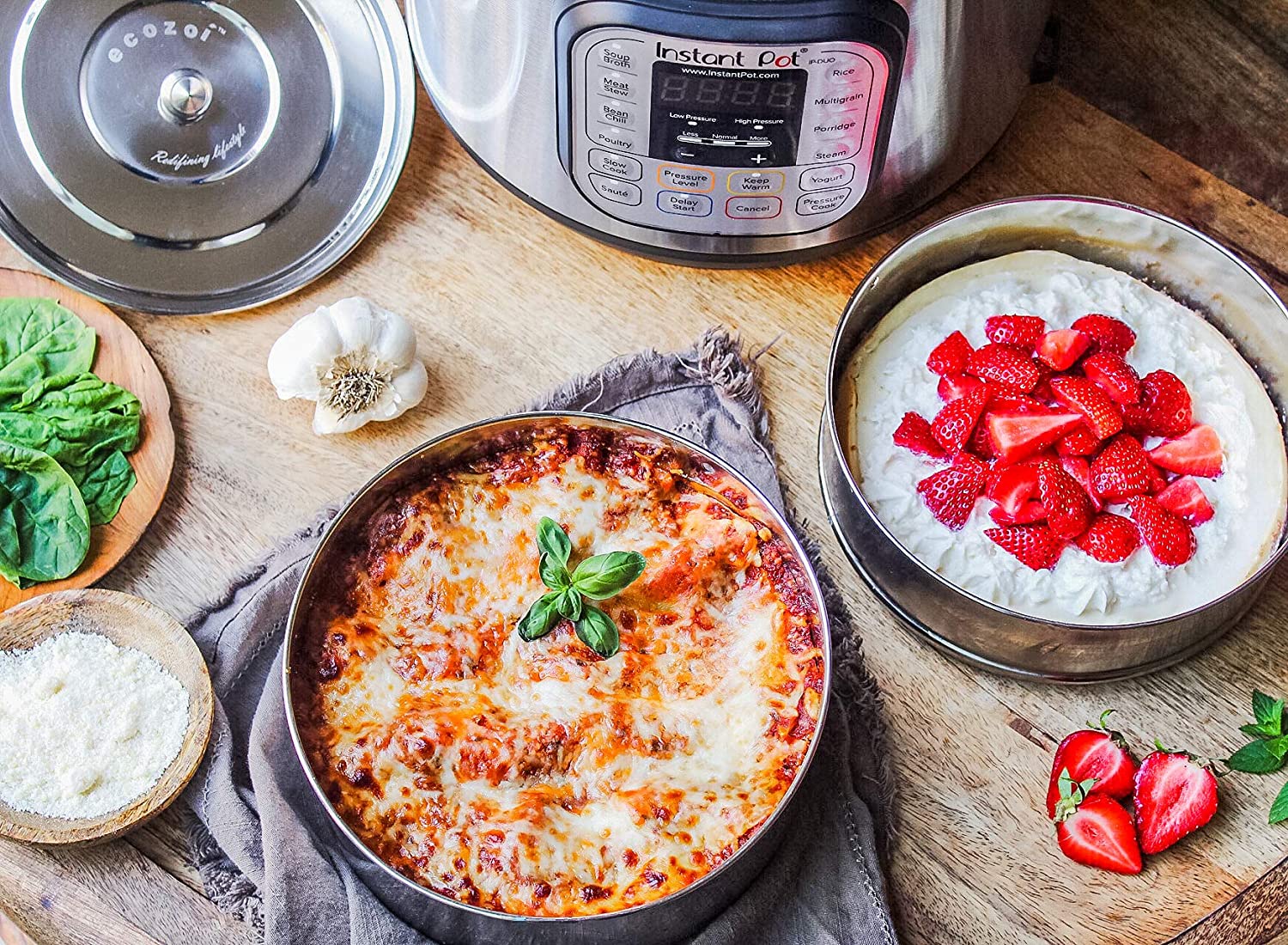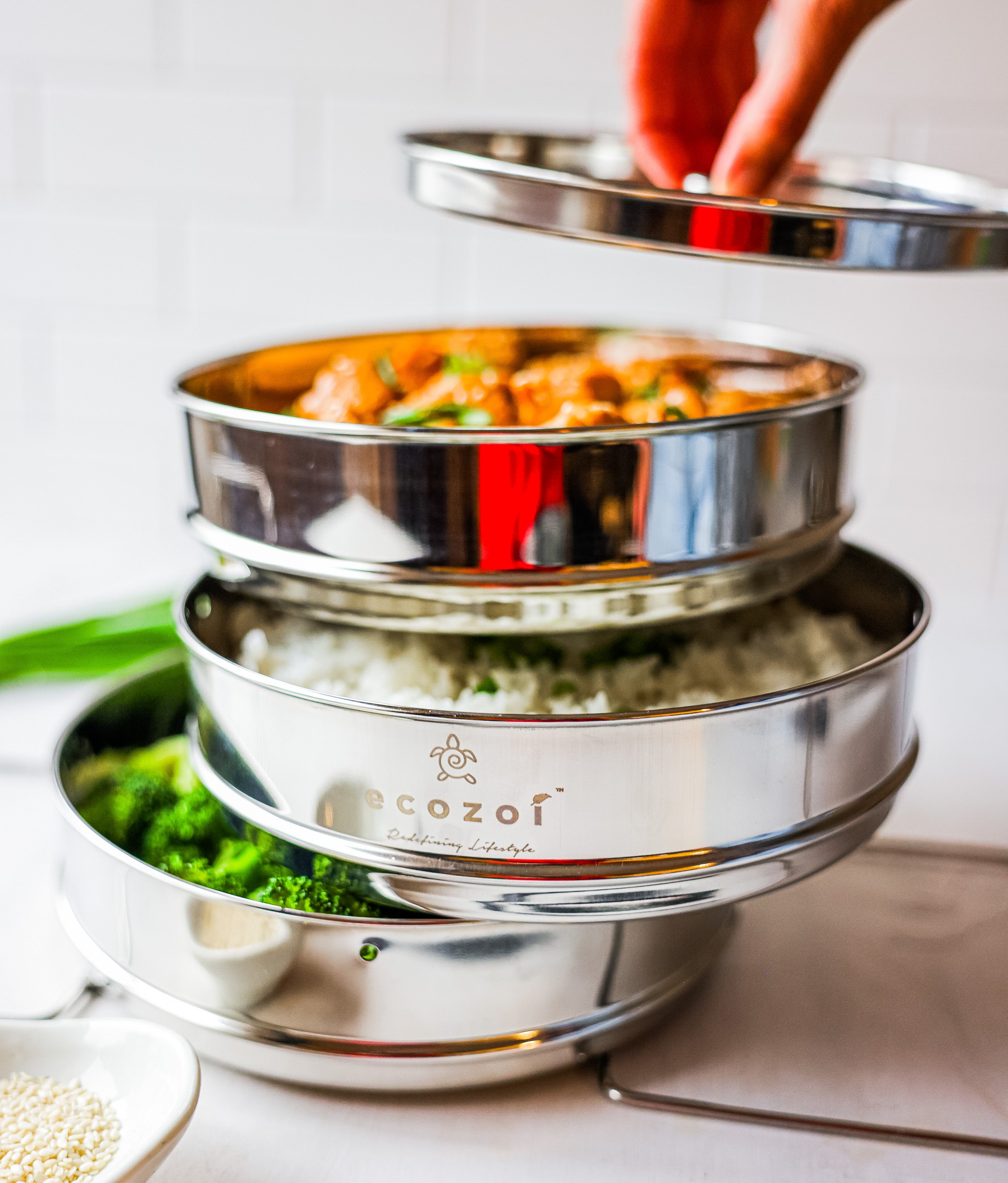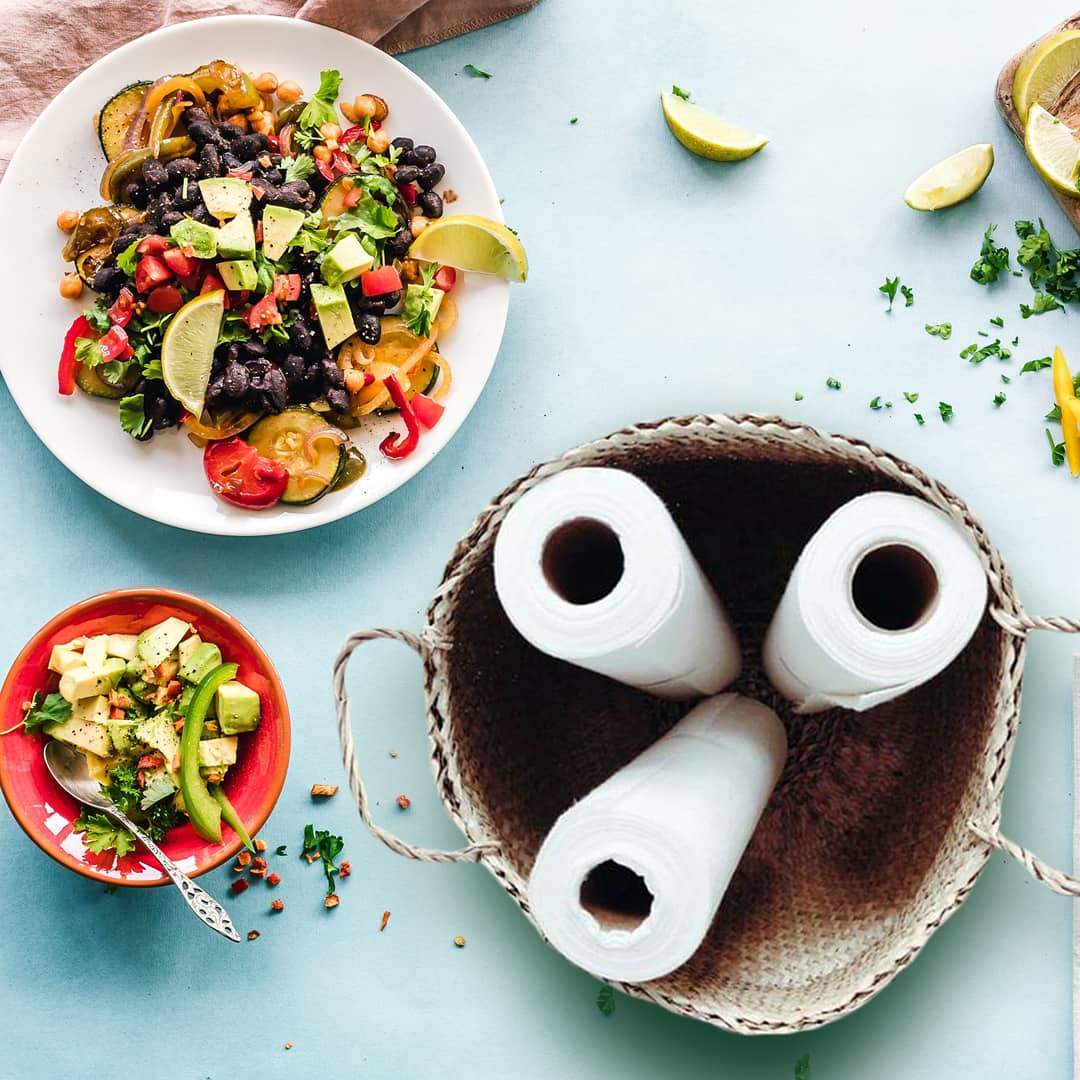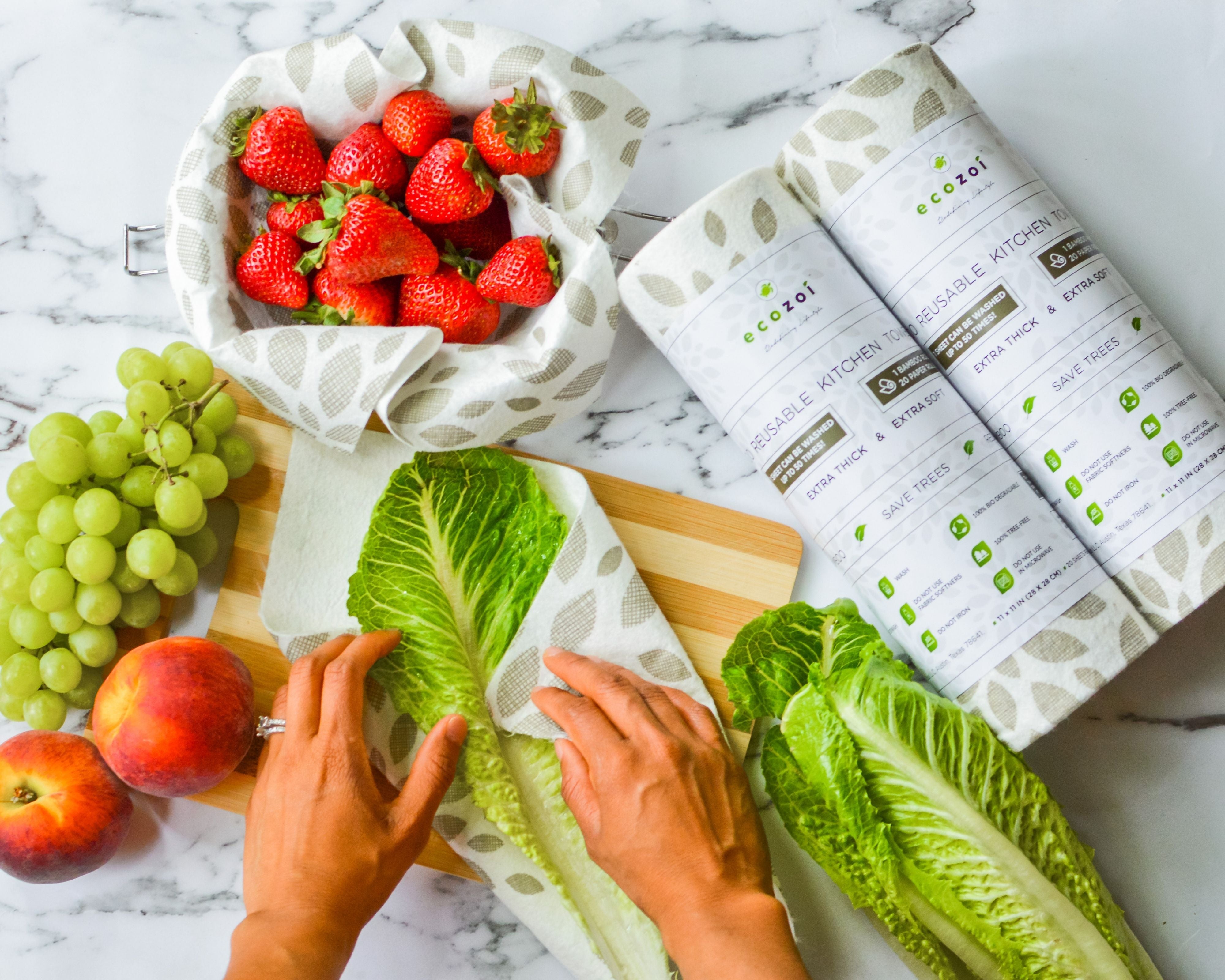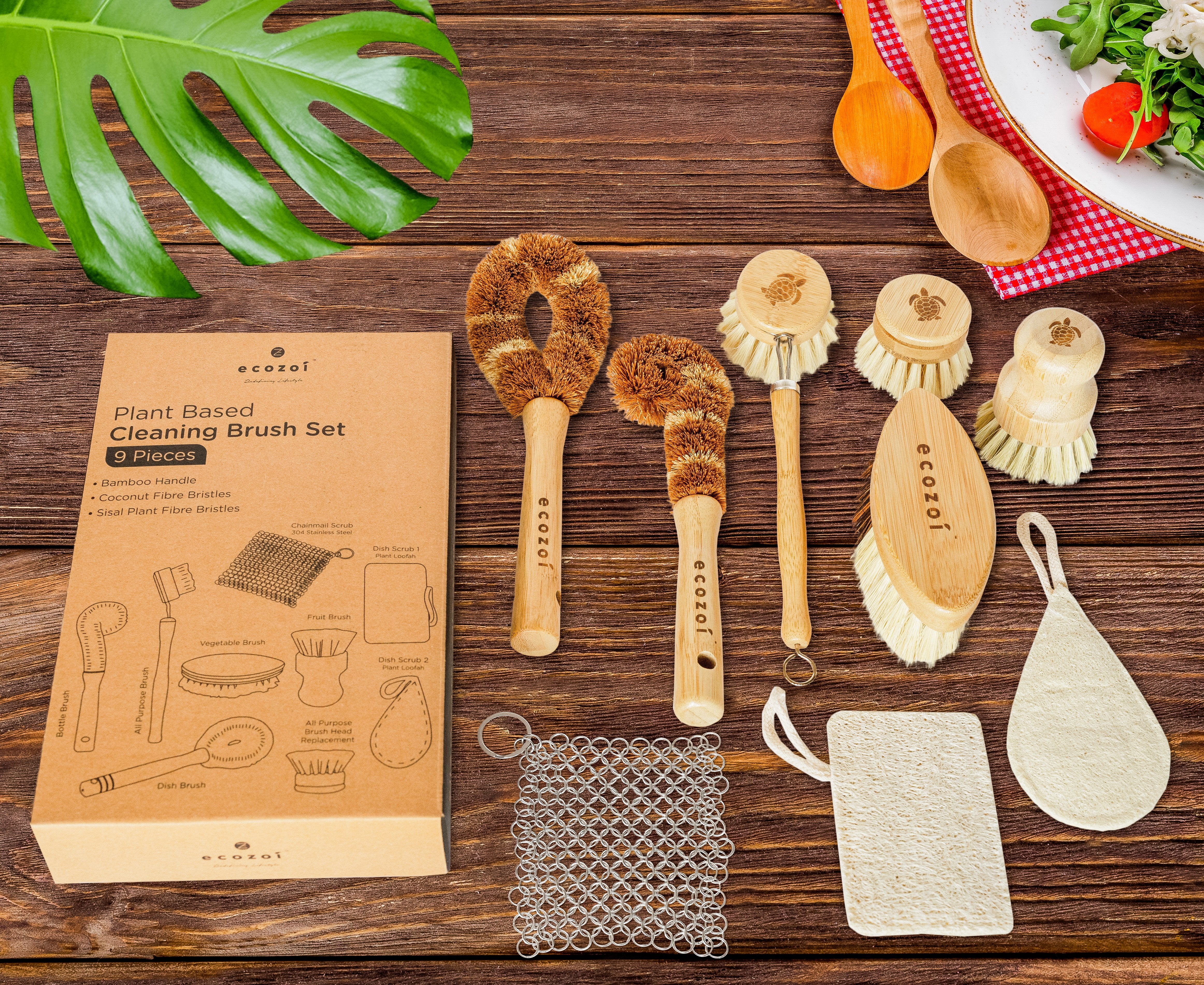Eco-Friendly Ways to Pack and Store Food on the Go
In an age where convenience often overshadows conservation, finding eco-friendly ways to pack and store food on the go is more important than ever. This comprehensive guide offers practical and sustainable solutions, catering to the needs of individuals juggling busy schedules with a desire to reduce their environmental impact. We'll delve into various methods, from selecting the right materials to embracing homemade snacks, ensuring your on-the-go meals are environmentally friendly and delightful.
1 Choosing Sustainable Materials for Your Food Containers
A major step towards eco-friendly food packing is selecting the right materials. The rampant use of single-use plastics has severe environmental implications, making it crucial to switch to more sustainable options. Glass and stainless-steel containers are durable and safe and have a minimal ecological footprint. Beeswax wraps are an excellent alternative for wrapping foods. These reusable and biodegradable wraps can keep your food fresh while reducing waste. Similarly, cloth napkins can replace paper towels, adding an eco-friendly touch to your meal prep.
2 The Role of Reusable Bags and Containers
Investing in reusable bags and containers is a transformative move for anyone committed to eco-friendly practices. Cloth bags, for instance, are versatile. Silicone zip bags and bento boxes are other great options, perfect for storing various foods. These containers can keep food organized and prevent spillage, making them ideal for busy commutes. Furthermore, they come in different sizes and styles, adding a personal and fashionable touch to your eco-conscious choices.

3 Portion Control: Efficient and Sustainable
Effective portion control is essential in reducing food waste and is a key element of eco-friendly food storage. Using compartmentalized containers or bento boxes is a smart way to manage food quantities, ensuring you pack only what you need. This approach is not just beneficial for the environment by minimizing waste; it also helps in maintaining a balanced diet.
By carefully considering portion sizes, you encourage mindful eating habits. It prevents the common problem of overpacking, which can lead to unnecessary waste. Additionally, this method of food storage makes your meals more enjoyable, as it allows for a variety of food items in appropriate quantities, enhancing both the sustainability and pleasure of your meals.
4 Eco-friendly ways to pack and store food on the go
Homemade snacks and drinks are vital in maintaining an eco-friendly diet while on the move. Preparing your food reduces the need for packaged, processed snacks that often come with a lot of waste. Sandwiches, salads, fruit slices, and homemade granola bars are healthier and reduce your carbon footprint. Carrying drinks in reusable bottles or thermoses is another crucial aspect. This habit significantly reduces the consumption of single-use plastics, aligning with eco-friendly practices. By preparing your food and drinks at home, you have complete control over the ingredients and portions, further enhancing your sustainable lifestyle.
5 Emphasizing Composting and Recycling
Composting biodegradable waste like fruit peels and vegetable scraps is an excellent way to give back to the environment. For non-compostable items, recycling is key. Being mindful of how you dispose of packaging and leftovers can significantly reduce the environmental impact of your meals. This practice promotes sustainability and instills a sense of responsibility towards waste management.
6 Choosing Eco-Conscious Brands
Supporting eco-conscious brands is an important aspect of sustainable food storage. Choose brands that use minimal or recycled packaging and are committed to sustainable practices. This helps reduce your environmental footprint and encourages the industry to move towards greener solutions. When shopping, look for products with eco-friendly certifications or promoting zero waste. By making these conscious choices, you become a part of a larger movement towards environmental sustainability.
7 Adapting to Different Scenarios: Eco-Friendly Food Storage Beyond Daily Commutes
While our focus has primarily been on daily commutes, it’s important to consider eco-friendly ways to pack and store food on the go during different life scenarios, such as moving or traveling. Maintaining your commitment to sustainability can be challenging but equally crucial in these instances. For those planning a move, choosing a moving company that aligns with your needs is important. A website like fourwinds-ksa.com can provide you with any kind of moving service. They offer comprehensive moving services, ensuring that all aspects of your move, including safely transporting your kitchenware and food items, are handled efficiently. Their expertise can make the transition smoother, allowing you to focus on other things that need your attention.
8 Emphasizing Composting and Recycling
Proper waste disposal is just as crucial as how you pack your food. Composting biodegradable waste like fruit peels and vegetable scraps is a great way to minimize landfill contributions and return nutrients to the earth. If you don't have a garden for composting, look for local community compost programs.
Recycling non-compostable items is equally important. Properly sorting and disposing of plastics, metals, and glass helps ensure these materials are effectively recycled. Awareness of your local recycling guidelines is key to ensuring your recyclables are processed correctly.
Additionally, reducing the environmental impact of your meals involves being mindful of packaging. Choosing products with minimal or recyclable packaging and using your own containers for takeaways can significantly cut down on waste. These small steps in waste management can greatly impact your eco-friendly food storage practices.
Conclusion
Adopting eco-friendly ways to pack and store food on the go is an impactful and necessary step in our collective journey toward environmental stewardship. We can make a significant difference by consciously choosing sustainable materials, practicing portion control, preparing homemade snacks, and supporting green brands. It's about making small, consistent changes that add up to a big impact. Let's embrace these eco-friendly practices in our daily routines and inspire others to join in this important endeavor.


